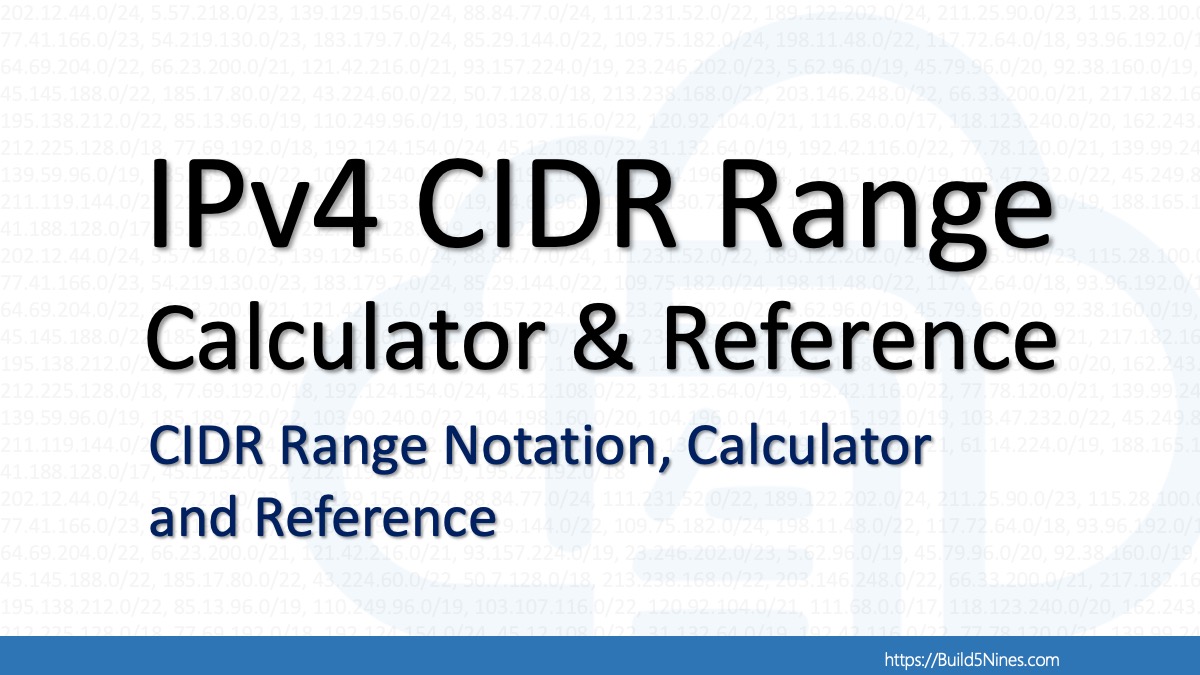 There are many things to look at when either migrating an existing application or just building a new application to host on Microsoft Azure. Data storage is definitely a top concern, and along with that is the ability to use SQL Server in many cases. Fortunately, Microsoft Azure provides a couple options for using a SQL Database.
There are many things to look at when either migrating an existing application or just building a new application to host on Microsoft Azure. Data storage is definitely a top concern, and along with that is the ability to use SQL Server in many cases. Fortunately, Microsoft Azure provides a couple options for using a SQL Database.
The most prominently discussed topic on SQL databases within Microsoft Azure is to use an Azure SQL database. In short, Azure SQL is a cloud-based version of SQL Server provided as a PaaS solution.
With SQL Server you need to procure licensing and servers; which also means Windows Server licensing as well. This can be quite costly both to purchase and maintain from licensing to infrastructure costs. This is the reason that when Microsoft moved SQL Server to Azure it was implemented as a PaaS (Platform as a Service) solution. This way you only have to worry about your data, and not the associated hardware and operating system maintenance. However, the Azure SQL PaaS offering does have it’s own limits.
An additional method of hosting SQL Server within Microsoft Azure (one that isn’t usually mentioned much) is to spin up some VM’s (Virtual Machines) within Azure and install SQL Server on them. Utilizing Azure IaaS (Infrastructure as a Service) in this way allows you to eliminate the cost of hardware maintenance, but you still need to maintain the SQL Server licensing and software of the servers. This can provide a nice middle ground if neither on-premises SQL Server or Azure SQL really fits the needs of your application and/or organizations needs.
Here’s a simple comparison of the primary differences between the three different options of hosting SQL databases with both SQL Server and Azure SQL:
SQL Server
- Hosting: on-premises
- Licensing: requires SQL Server license
- Max DB Size: based on SQL Server license
- Azure Cost: None, it’s on-premises
- Other Cost: infrastructure costs associated with an on-premise database server
Azure SQL
- Hosting: Azure PaaS
- Licensing: no SQL Server license required
- Max DB Size: 500GB
- Azure Cost: based on Database Throughput Units* (DTU’s) consumed
- Other Cost: none
Azure VM + SQL Server
- Hosting: Azure IaaS
- Licensing: requires SQL Server license
- Max DB Size: 16TB due to Azure VM disk restrictions
- Azure Cost: Azure VM** usage
- Other Cost: SQL Server licensing
* Database Throughput Unit (DTU) is a representation of a databases power based on a blend of the CPU, memory, and read/write rates of the database. This is a metric Microsoft Azure uses to help you assess the relative power of performance across the Basic, Standard and Premium service tiers. The Azure SQL database pricing is listed here: http://azure.microsoft.com/en-us/pricing/details/sql-database/
** Azure VM pricing is listed here: http://azure.microsoft.com/en-us/pricing/details/virtual-machines/




 Stack Overflow Upset Over Users Deleting Answers After OpenAI Partnership
Stack Overflow Upset Over Users Deleting Answers After OpenAI Partnership
 GitHub Actions: Commit and Push Changes Back to Repository
GitHub Actions: Commit and Push Changes Back to Repository
 Run Your Own Local, Private, ChatGPT-like AI Experience with Ollama and OpenWebUI (Llama3, Phi3, Gemma, Mistral, and more LLMs!)
Run Your Own Local, Private, ChatGPT-like AI Experience with Ollama and OpenWebUI (Llama3, Phi3, Gemma, Mistral, and more LLMs!)
 IPv4 Address CIDR Range Reference and Calculator
IPv4 Address CIDR Range Reference and Calculator
 Azure Functions: Extend Execution Timeout Past 5 Minutes
Azure Functions: Extend Execution Timeout Past 5 Minutes









The max db size for Azure SQL is now 1TB via the P11 offering…
Ahh, just noticed the time stamp of this post. Followed a twitter link to get here, and assumed it was a more recent post.
There are so many advancements in Azure weekly! It makes content get outdated fairly quickly at times. Thanks for pointing this out.